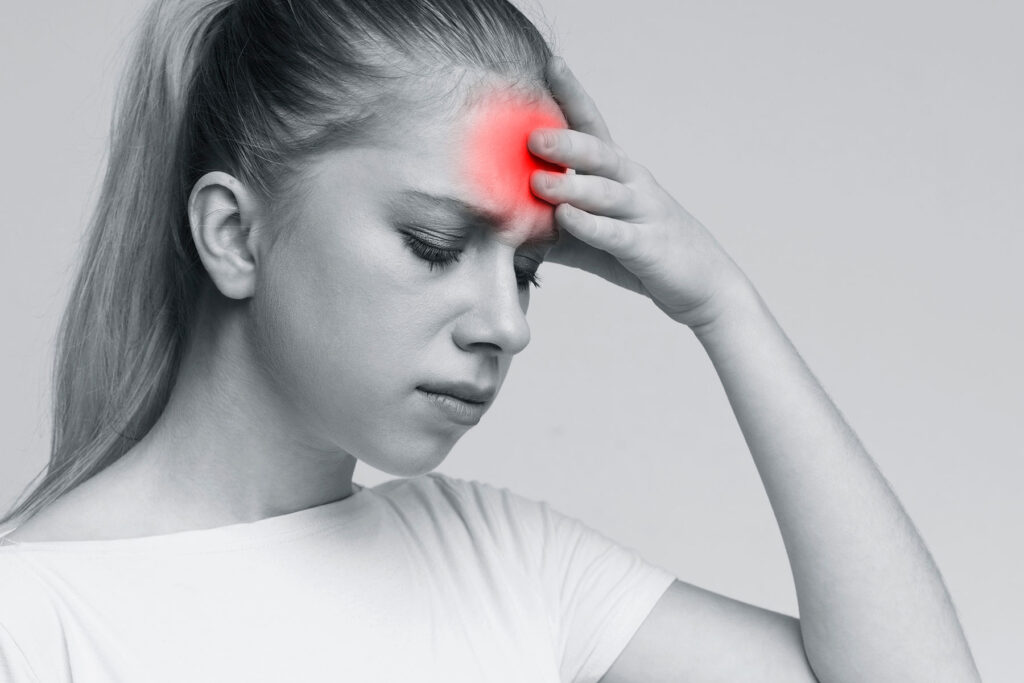Post-concussion syndrome (PCS) is a complex condition with many symptoms that can persist for weeks, months, or even longer after a concussion. One of the most pressing questions faced by individuals with PCS is: “Can you drink with post-concussion syndrome?” The answer is complex and requires an understanding of the interplay between alcohol and the brain’s recovery process.
The Right Step Hill Country provides alcohol addiction treatment to individuals with alcohol addiction who may also be dealing with post-concussion syndrome. Our treatment program is designed to address both the physical and psychological aspects of alcohol addiction and any underlying conditions such as PCS.
While it may be tempting to turn to alcohol for temporary relief from PCS symptoms, it is essential to understand the potential consequences of drinking with PCS. Don’t hesitate to reach out to our team today—call us today at 1.844.675.1628.
What Is Post-Concussion Syndrome?
PCS is a complex medical condition that can arise following the experience of a concussion, a form of mild traumatic brain injury usually caused by a blow to the head. This syndrome is characterized by a constellation of symptoms that persist for weeks, months, or sometimes even longer after the initial concussion.
Key symptoms of PCS can include:
- Persistent headaches or migraines
- Dizziness and balance problems
- Fatigue or lethargy
- Difficulty concentrating
- Memory problems
- Insomnia or other sleep disturbances
- Increased sensitivity to light and noise
- Irritability, anxiety, or depression
Understanding that these symptoms can significantly impact an individual’s daily life is crucial, and seeking professional help is vital for effective management and recovery.
Can You Drink with Post-Concussion Syndrome?
Given the intricate nature of post-concussion syndrome and its impact on the brain’s overall functioning, it is strongly recommended to abstain from alcohol consumption during the recovery phase.
Alcohol can disrupt the brain’s normal healing process and potentially exacerbate PCS symptoms. It can intensify headaches, balance problems, and other physical symptoms, as well as contribute to emotional challenges such as irritability and depression.
Furthermore, alcohol has a sedative effect, which can interfere with the quality of sleep, a crucial element in the recovery process. Therefore, for individuals grappling with post-concussion syndrome, refraining from alcohol can significantly improve the healing journey and lead to a more successful recovery.
Health Risks Connected with Post-Concussion Syndrome and Alcohol
Mixing alcohol with PCS presents a host of health risks that can impede the journey to recovery and potentially lead to more severe conditions.
Exacerbation of Symptoms
Alcohol can intensify the existing symptoms of PCS. It can amplify headaches, increase imbalance, and worsen cognitive issues such as memory problems and difficulty concentrating. Similarly, emotional symptoms like anxiety and depression can be heightened, adding to the individual’s distress.
Delayed Recovery
Alcohol is a neurotoxin that can delay the brain’s healing process. Consuming alcohol while recovering from PCS can prolong the duration of the symptoms, making the recovery process more challenging and drawn out.
Dependency Risk
Using alcohol to cope with PCS can lead to dependency, creating an additional layer of complexity to the already challenging condition—the potential for developing an alcohol use disorder increases, introducing a new set of health concerns.
Increased Vulnerability to Further Injury
Alcohol impairs judgment and coordination, increasing the risk of further injury. For someone recovering from PCS, another blow to the head can be extremely detrimental, possibly leading to more severe forms of brain injury.
To mitigate these risks, it’s crucial to contact professionals who can provide the necessary help and guidance. At The Right Step Hill Country, we’re committed to providing comprehensive and personalized treatment plans considering all aspects of our patients’ health.
Contact The Right Step Hill Country to Start Our Alcohol Addiction Treatment
If you have asked, “Can you drink with post-concussion syndrome?” and are struggling with alcohol addiction, know you’re not alone. The Right Step Hill Country offers a compassionate and supportive environment where individuals with alcohol addiction can receive the care they need while also dealing with underlying conditions such as PCS.
Our treatment program integrates evidence-based practices, therapy, support groups, and aftercare planning to help our patients achieve lasting recovery. Don’t hesitate to contact us at 1.844.675.1628 and take the first step toward a healthier, happier life.

